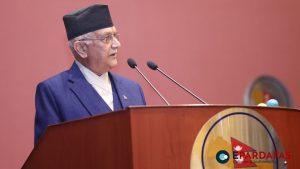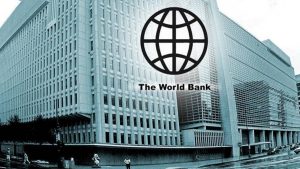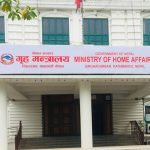
India’s ruling right-wing nationalist BJP leads in 3 of 4 states in key regional elections
India’s governing right-wing Bharatiya Janata Party (BJP) is leading in three of four states in key regional polls, indicating a big boost to Prime Minister Narendra Modi ahead of the general elections slated to be held within six months.
The heartland states of Rajasthan, Madhya Pradesh, Chhattisgarh, southern state of Telangana and northeastern Mizoram state voted last month in the provincial elections.
Vote counting began in four of the five states on Sunday morning, while counting in Mizoram is expected on Monday.
At midday (9:30 GMT) on Sunday, the BJP was leading in all three heartland states, which send 62 members to parliament, trends from the counting of votes showed on TV channels. Final results are expected by the end of the day.
The election results of the five states are expected to indicate voter mood ahead of the national elections in May in which Modi is eyeing a third consecutive term.
The Indian National Congress, India’s main opposition party, holds power in Rajasthan and Chhattisgarh.
The BJP rules Madhya Pradesh, and its regional ally, Mizo National Front, is in power in Mizoram.
The Congress party however looked set to win in Telangana, which is ruled by the regional Bharat Rashtra Samithi party, formerly known as Telangana Rashtra Samithi. The state’s capital, Hyderabad, is a major IT hub along with Bengaluru in neighbouring Karnataka state. The Congress last year won power in Karnataka.
New opposition alliance
Modi and his party remain popular on a national level after nearly a decade in power and surveys suggest he is expected to win a third term.
However, a new alliance of 28 opposition parties, called the Indian National Developmental Inclusive Alliance or INDIA, is set to challenge the BJP nationally. It is led by the Congress.
During the campaigning, Modi flew across the five states and rallied for support for his party’s candidates.
Congress leader Rahul Gandhi also travelled across the states to woo voters.
The charged-up voting campaigns witnessed both leaders promising voters subsidies, loan waivers and employment guarantees.
The elections come at a time when India is facing multiple challenges – rising unemployment, attacks and “hate speech” by Hindu nationalists against the country’s minorities, particularly Muslims, and a shrinking space for dissent and free media.













Comments